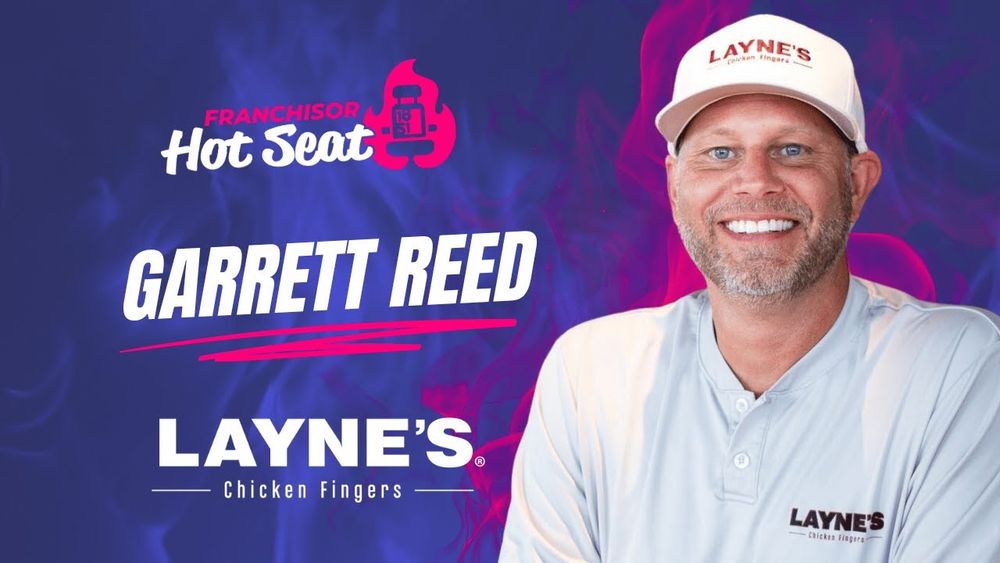DISCOVER LAYNE'S: SCALABLE OPERATIONS, STRATEGIC REAL ESTATE, AND THE BEST DAMN CHICKEN FINGERS!
READY TO OWN A LAYNE'S CHICKEN FINGERS?
ABOUT LAYNE'S CHICKEN FINGERS
Founded in 1994 in College Station, the original location became a Texas A&M legend known for its small-town charm, friendly service, iconic chicken fingers and secret sauce. While opening corporate locations across the Dallas-Fort Worth area, the leadership team focused on fine tuning its operations and starting to franchise. Franchise opportunities range from $446,500 to $1,015,000 with different buildout options available.
- How much it costs
- Why Layne’s? Why Now?
- What Sets Layne’s Chicken Fingers Apart?
- Why You?
- Why Franchisees Love the Brand
Executive Q&A

Executive Q&A: Garrett Reed, CEO of Layne's Chicken Fingers
Hear Garrett Reed discuss how he took a background in real estate and applied it to finding the perfect locations for Layne's Chicken Fingers, along with perfected operations and product.
Read More
Franchise Growth Markets
- Future Markets
- Top Growth Market
- Expanding
- Unavailable Markets

/story1/2730854/1764109221_2730854.png)
/story1/2730873/1764597899_2730873.png)
/story1/2730783/d8fbb911d634d0b62b6e3f4dd3ad25493243.jpg)
/story1/2730760/1763072476_2730760.png)
/story1/2730731/1762548650_2730731.png)
/story1/2730687/1761949503_2730687.png)
/story1/2730572/1761234297_2730572.png)
/story1/2730670/1761922628_2730670.png)
/story1/2730555/1761150129_2730555.png)
/story1/2730477/1760362312_2730477.png)